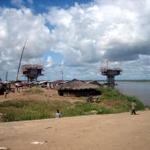Angola: Growth, development & inequality - and what role for Norway?
<div class="event-icon"></div> <span>Save this event in my Outlook calendar</span>
<div class="event-icon"></div> <span>Save this event in my Google Calendar</span>
Despite spectacular oil led economic growth, Angola remains a strikingly unequal society. Political power remains in the hands of President José Eduardo dos Santos and the MPLA party.
In October 2012, Angola announced the creation of a Sovereign Wealth Fund to manage its oil income in foreign investments. This marks the rise of Angola as a major economy in Africa, one that is also expanding beyond its borders. The country is the principal focus of Norwegian economic interests in Africa. Norwegian oil companies have invested some USD ten billion in the country.
Angola has potential for its citizens as well as for foreign investors, but will the country be able to transform growth into development? How should one balance benefits to Angola’s citizens and foreign investors? Will its democratic institutions consolidate stability, or will stability entail perpetuation of past authoritarian traits?
This seminar aims to be an arena for Norwegian and Angolan stakeholders. We will discuss social, political and economic developments in Angola - and Norwegian - Angolan relations.
The seminar will take place in Bergen at the Bergen Resouce Centre for International Development.
There is no conference fee, but participants must arrange and pay for their own accommodation, travel and meals outside the conference.
Please register by sending an email to registration@cmi.no
Registration deadline: 29 November
Accomodation
We have reserved rooms at the Scandic Bergen City Hotel. To get the CMI rate, you must use the reference code CEIC281112.
Contact person: Ingrid Hoem Sjursen
Getting from city centre to CMI
Publications
A way out of violent conflict. The impact of transitional justice on peace and democracy
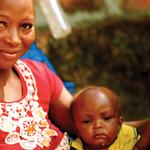
Angola health survey: Opportunities to reduce maternal and newborn mortality
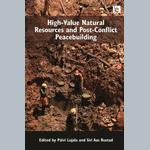
Assigned corporate social responsibility in a rentier state: The case of Angola
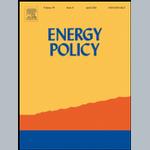
If diversification is good, why don't countries diversify more? The political economy of diversification in resource- rich countries
Reflections on the tax reform process in Angola. and why tax incentives should be avoided
Projects
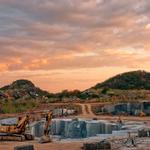
CEIC-CMI Angola Programme (phase 2)
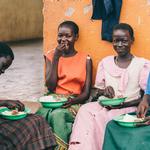
Poverty and entrepreneurship
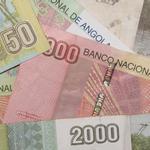
Diversification of the Angolan economy
